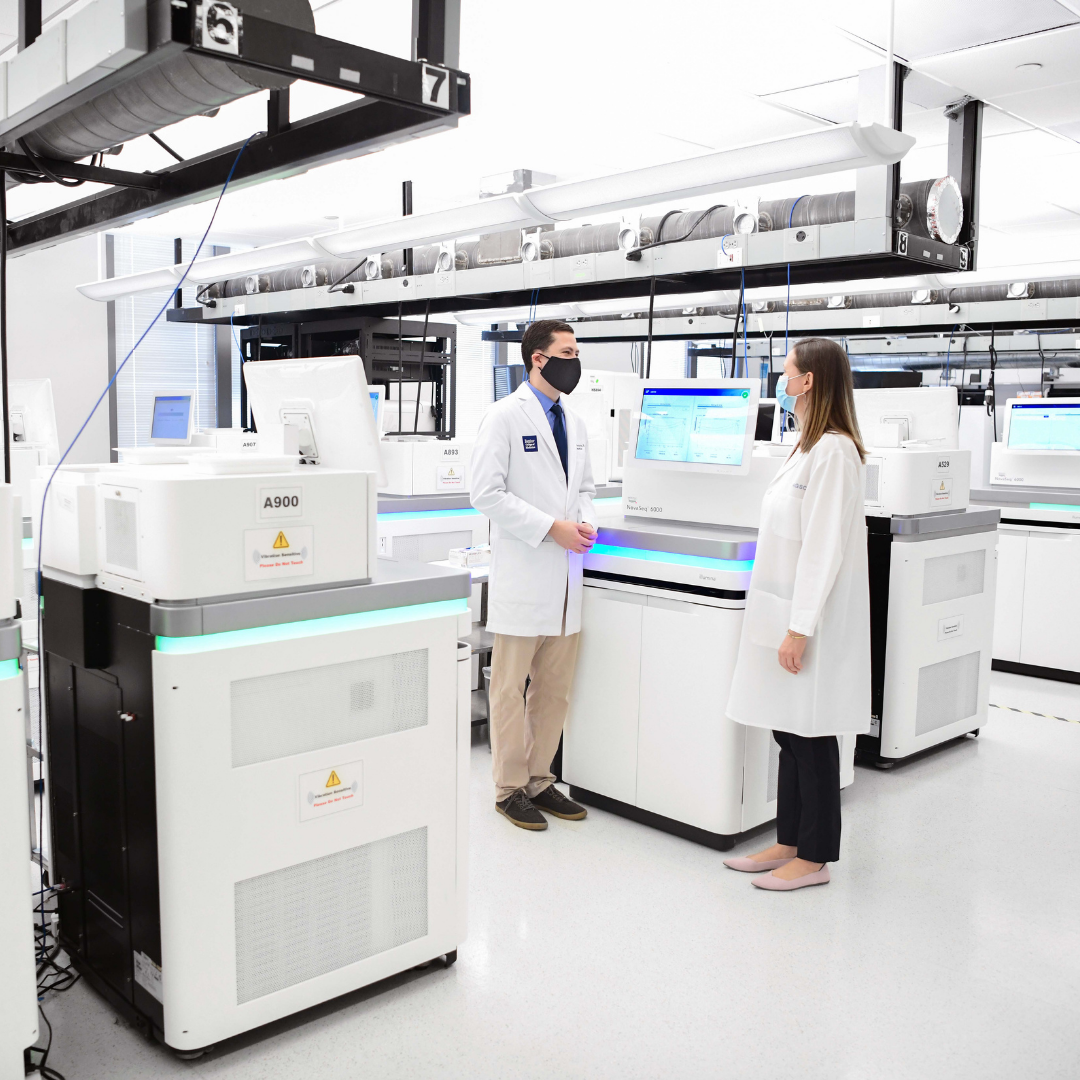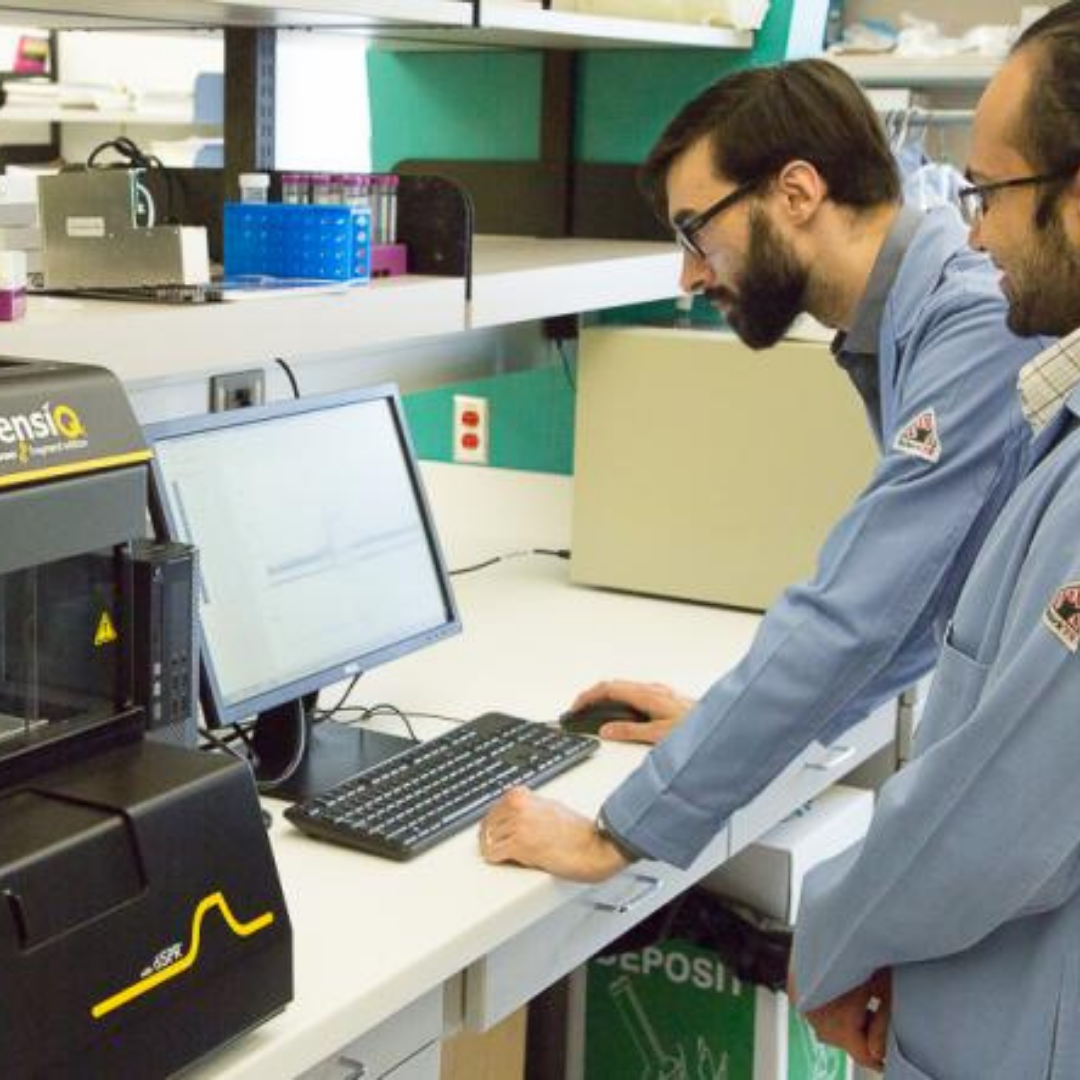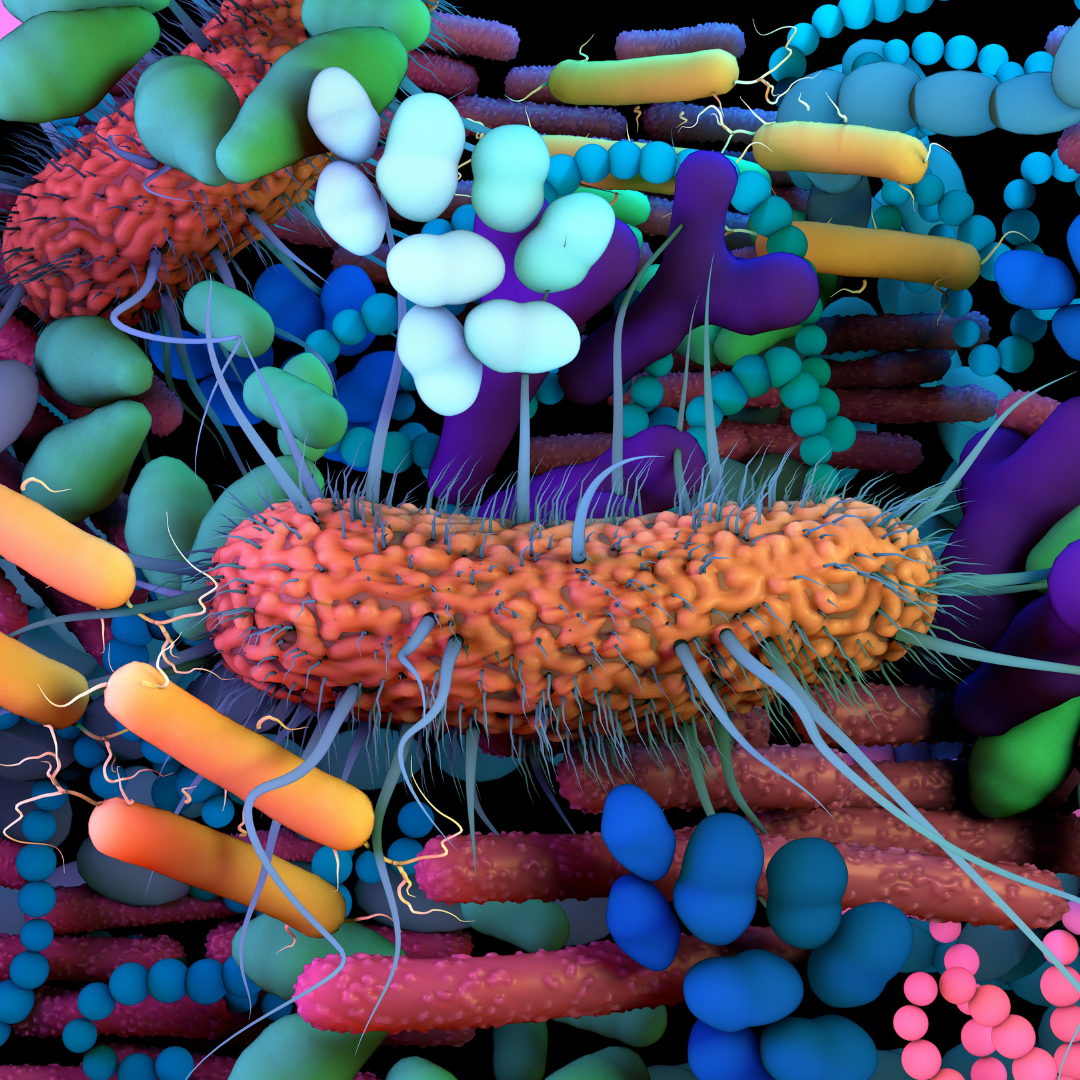
Our world-renowned research scientists and physicians work in collaborative, highly efficient labs to accelerate breakthroughs and speed translation of research into life- saving clinical care.

One of the reasons why coronavirus outbreaks such as COVID-19 are so devastating is that there is no therapy to treat them, nor is there a preventative solution, such as a vaccine.
Groundbreaking research at Baylor College of Medicine shows us there is a chance to change the way we tackle global viral outbreaks, with powerful weapons that could transform our response to future viral epidemics.

Baylor is home to the leading genetics program in the United States, which is ranked No.1 in funding from the National Institutes of Health. Baylor’s preponderance in genetics derives in part from the activities of our leading research scientists and some of the the best facilities in the world. A key aspect of this success is the Human Genome Sequencing Center (HGSC) under the direction of Richard Gibbs, P.h.D. The expertise of the HGSC in generating whole Genome sequencing data began with the Human Genome Project, which was completed in 2003. An exciting current project is the National of Institutes of Health’s All of Us Research Program, which will perform genome sequencing on 1 million subjects in the United States to learn more about how individual differences in lifestyle, environment and biological makeup can influence health and disease.

The Advanced Technology Cores at Baylor College of Medicine expand the research capabilities of all researcher scientists and create exciting new avenues of discovery. Defined as the communities of microorganisms, including bacteria, viruses, fungi and other single-celled organisms that live in the human body - contributes to human health in numerous ways. The Cores provide a wide range of research services, including shared instrumentation, analysis of research samples and experiments, with Core personnel often performing specialized
portions of the project. The Cores assist in many research efforts including leading programs in cardiology, neuroscience and psychiatry.

Baylor is a pioneer in a relatively new field, the microbiome. The human microbiome – the microbial communities that inhabit and live on the human body – defined as thecommunities of microorganisms, including bacteria, viruses, fungi and other single-celled organisms that live in the human body – contributes to human health in numerous ways. Made up of billions of organisms, the microbiome helps the body to sense and respond to the environment and to harvest nutrients from food. It also aids the immune system in preventing disease
and controlling inflammation.
The Alkek Center for Metagenomics and Microbiome Research was established in 2011 by Joseph Petrosino, Ph.D. in the Department of Molecular Virology and Microbiology as a hub to understand how the microbiome affects health and disease and to translate this knowledge into microbiome-based therapeutics and diagnostics. Our research scientists are pursuing hundreds of individual microbiome-related projects with more than 150 collaborators worldwide.







